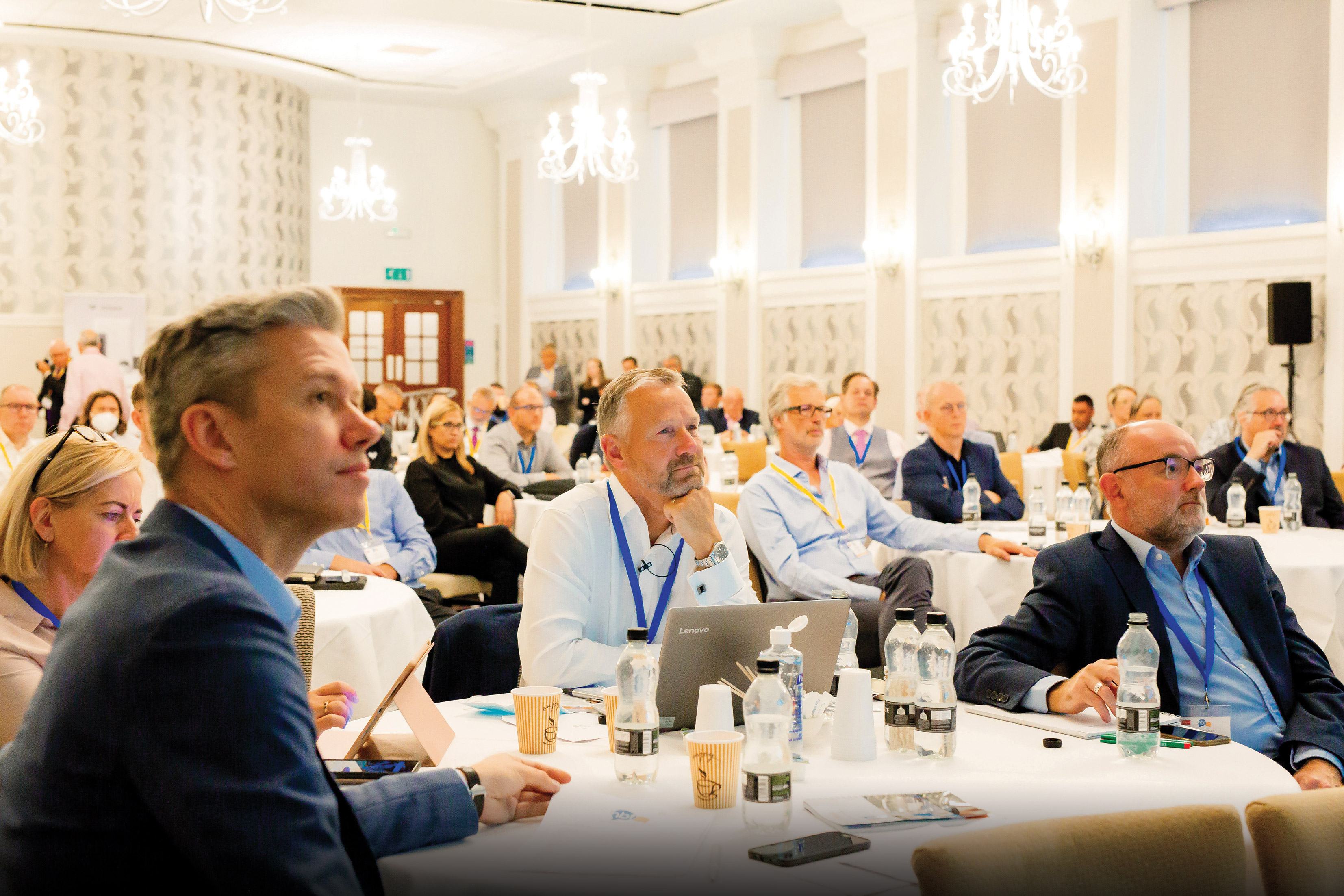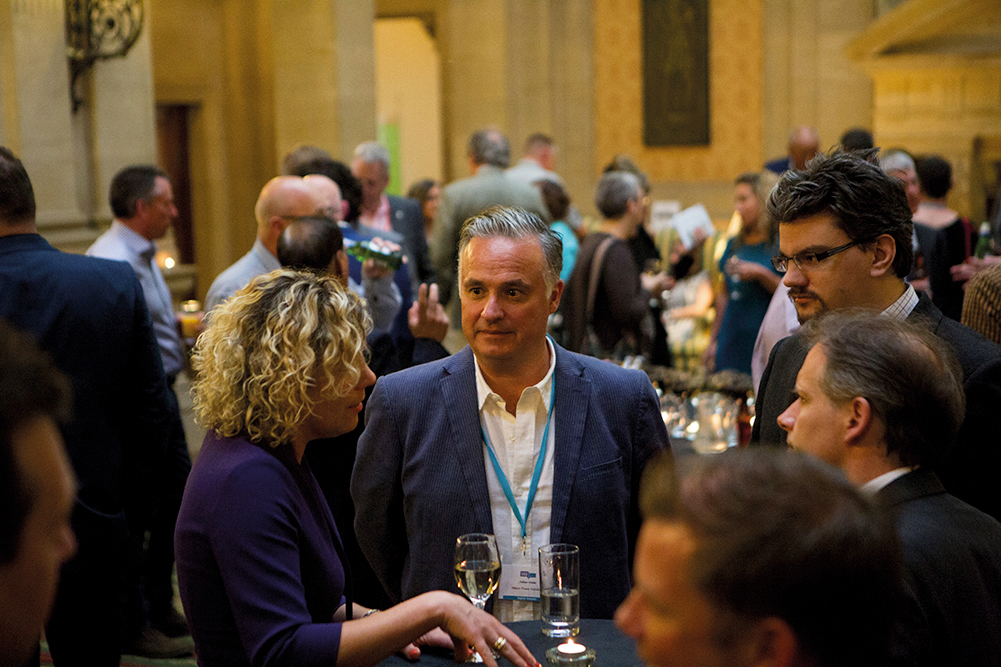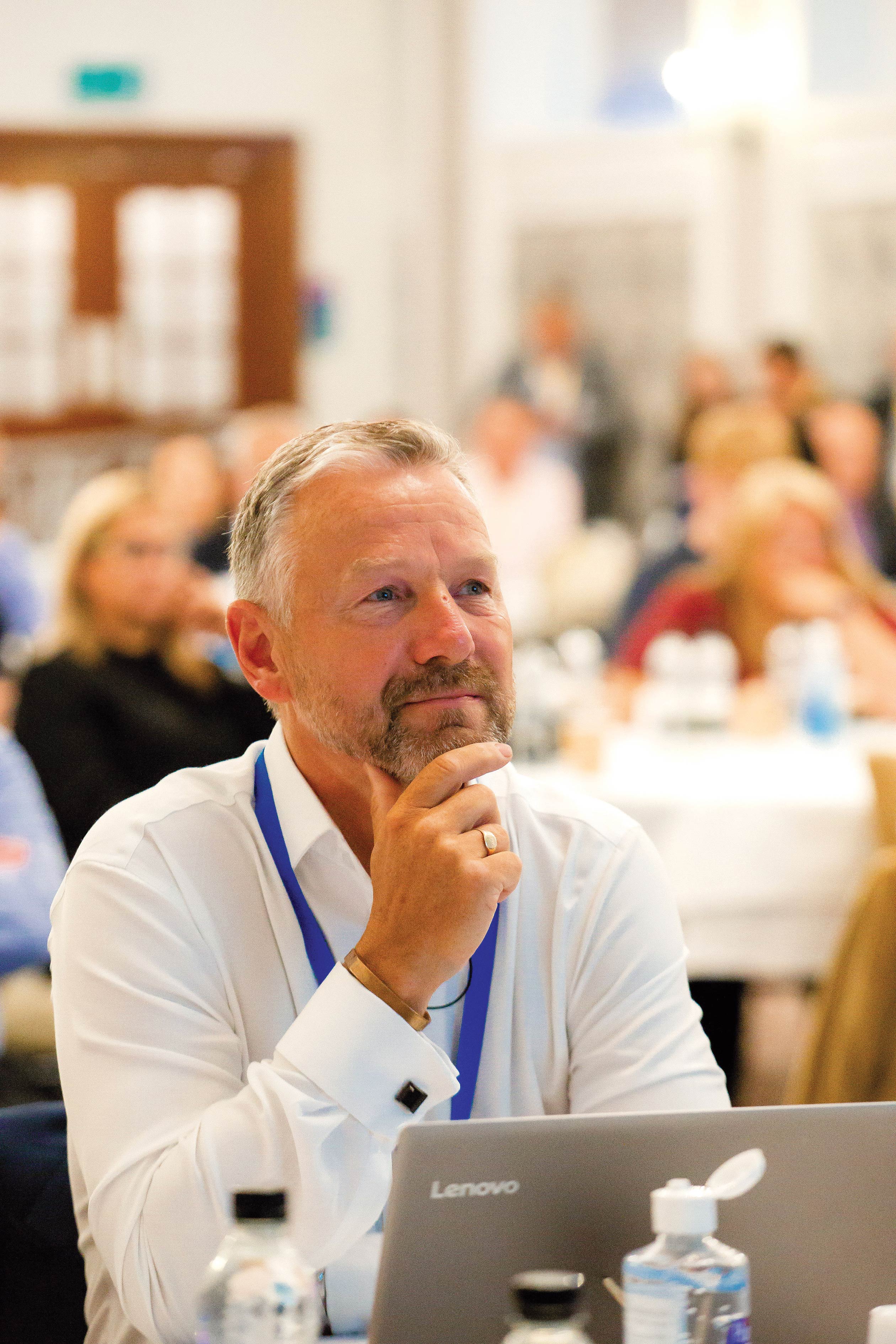
NHS Scotland has some of the most-ambitious net-zero carbon targets of the entire UK, and many overseas health systems, and this commitment is driving the design and operation of its estate.
This new direction was at the centre of the speaker sessions at the 2022 healthcare buildings forum Scotland, held recently in Edinburgh.
The annual event, which returned to a face-to-face format following the lifting of COVID-19 restrictions, provided a crucial opportunity for healthcare product and service suppliers to meet key decision-makers involved in the design and development of health and social care facilities across the country.
Opportunities and challenges
Over the one-and-a-half days of meetings and networking opportunities, three speaker sessions were held, where industry experts provided an overview of the opportunities and challenges facing the sector.
Commenting on the decision to bring forward its target date for achieving net-zero carbon emissions from 2045 to 2040, Alan Morrison, deputy director of health infrastructure at the Scottish Government, told delegates at the conference that it was about ‘quality and getting things right’.
“Everything has to be seen through the net-zero lens and we need to ask how we can adapt our infrastructure to be net zero” he said.
“If we are building something new then it needs to be net zero from the very start.”
But, he added, existing infrastructure remained a challenge, with the Scottish NHS estate facing a backlog maintenance bill of over £1bn.
“We do not have the luxury of just ripping out electrics and putting in new systems,” he said.
“We have hospitals which are operating at 95% capacity, and we can’t just take beds out.
“COVID-19 has shown us that we can build facilities quickly, but it’s about ensuring the buildings are the quality we expect; and that takes time.”
Supply chain problems
And he revealed that the COVID-19 pandemic was continuing to impact on supply chains and pricing.
He told the audience: “We are seeing problems with supply chains right across the system.
“We were told air handling units would take 16 weeks to be delivered; now it’s 40 weeks. And MRI scanners are taking over a year from the order going in.
“In addition, one hospital we built cost £5,000 per sq m. A more-recent project cost £10,000 per sq m and that does not seem to be abating.
“It is now time to put out our framework strategy and to articulate what we can do in health and how we can invest in Scotland and its communities in the future.”
Dr Steve Scott, head of the technical unit for building standards in the Scottish Government’s standards division, added that it was currently reviewing heating and fire safety standards across all buildings, telling delegates: “We have a lot of work to do, and we need a more evidence-based approach to building that supports compliance.

Driving improvements
“We are looking at fairly challenging targets where we will have no combustion appliances installed in new buildings and we will not be burning fossil fuels on site.
“Each time we review energy standards we are driving improvements and delivering change, and with significant work going on around the decarbonisation agenda
we will need a change of approach for this to be successful.”
Also speaking at the conference were Meischa Wade and Rachel Hall, healthcare planners at multi-disciplinary consultancy, ETL, who provided an overview of NHS England’s New Hospitals Programme, which is expected to have a widespread impact on how future healthcare facilities are designed across the UK.
Sharing learnings from two of the eight pathfinder new-build projects, they provided an overview of the programme and some of the issues caused by delays in the sign-off of business cases.
In addition, the patient environment also came under the microscope, with several of the speakers focusing on how new and existing infrastructure can be developed to enhance the lives of patients, staff, and visitors. These included Paul Yeomans, director at Medical Architecture, who provided a case study of Hopewood Park Hospital in Sunderland; and Claire Rosset, associate architect at BakerHicks and a member of the design team for the HMP Highland facility.
She gave a design overview of the new prison and how the approach could underpin acute and mental health developments of the future.
Inclusive design
And Annie Pollock, secretary of the Edinburgh Access Panel and a consultant to bpa-Architecture on inclusive design, told the audience about the importance of air quality and acoustics on patient wellbeing and recovery.
She said: “Inclusive design is vital, and it needs to be aimed at as many people as possible, regardless of age, gender, or disability. An awful lot of buildings are not inclusive.
“Air pollution, in particular, is the biggest single environmental threat to health in the UK and we need to mitigate things as far as we can through good design.”
Commenting on the event, supplier delegate, Ramzi Bahashwan of Eurocell, said: “This year's event was excellent, as always.
“It gave me an opportunity to network with a variety of clients and promote the company and I generated a number of leads to follow up on after the event.”
To find out about the next hbf Scotland event, and other healthcare and mental health forums, contact Julian Walter (supplier delegates) at julian@stable-events.co.uk or Sue Ramcharan (project delegates) at sue@stable-events.co.uk
